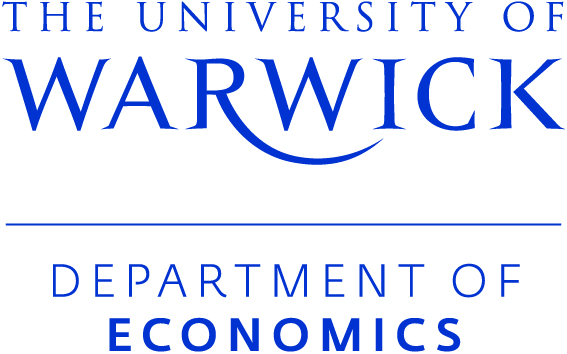Millennium Development Goals: The Debate

Millennium Development Goals: The Debate
Thursday 26 Mar 2015The Millennium Development Goals (MDGs) were hailed as “The world’s biggest promise to itself” at the United Nations’ Millennium Summit in 2000. The eight goals were to be achieved by 2015.
Has the world failed its biggest promise to itself?



Hosted by the Department of Economics and Warwick Economics Society
Wednesday 22 April 2015
6pm – 7.15pm (including panel debate and Q&A and followed by a drinks reception)
Woods-Scawen, Warwick Arts Centre
Registration
This event is now fully booked. If you would like to be placed on the waiting list, please e-mail economics.events@warwick.ac.uk. Places will be allocated on a first come first served basis.

Alethia Cameron
Policy Analyst at the United Nation’s Food and Agriculture Organization (FAO), where her current role focuses on strategic food security.

Benjamin Gallaher
Parliamentary Candidate for the Green Party in Coventry South and a second year student at The University of Warwick.

Professor Abhinay Muthoo
Head of the Department of Economics and Co-director of the Warwick Policy Lab. His research interests include conflict and negotiation, international development and public policy.

Lasya Priya
A second year BSc Economics student at Warwick and the current Talks co-ordinator for the Warwick Economics Society and an aspiring development economist.
Chair

Siobhan Benita
Chief Policy and Strategy Officer for the Department of Economics and Co-director of the Warwick Policy Lab. She is a former Senior Civil Servant who ran as an independent candidate in the 2012 Mayor of London election.
With less than 300 days to go, the results are mixed; some goals have been comfortably surpassed while others remain elusive. Critical analysis of the MDGs shows that progress has been uneven, with the financial crash of 2008 significantly delaying progress.
Additionally, the goals merely encapsulated environmental, economic and social factors yet failed to establish strong links between them- all this bolsters the argument for the relative failure of the goals.
The Sustainable Development Goals (SDGs) will replace the MDGs at the end of this year but will it be more than just a minimalistic declaration of our ambition for a sustainable future? Are the cautiously optimistic projections for the next ten years, for both the environment and the economy, going to be met as urgently as we need them to be?
Furthermore, will leaders be able to implement policies for new objectives while continuing to work on the unmet targets from the MDGs? In light of the poor performance of the MDGs, it is questionable whether we are ready to move on to more complex goals when we still grapple with basic issues such as inequality, hunger and poverty.
